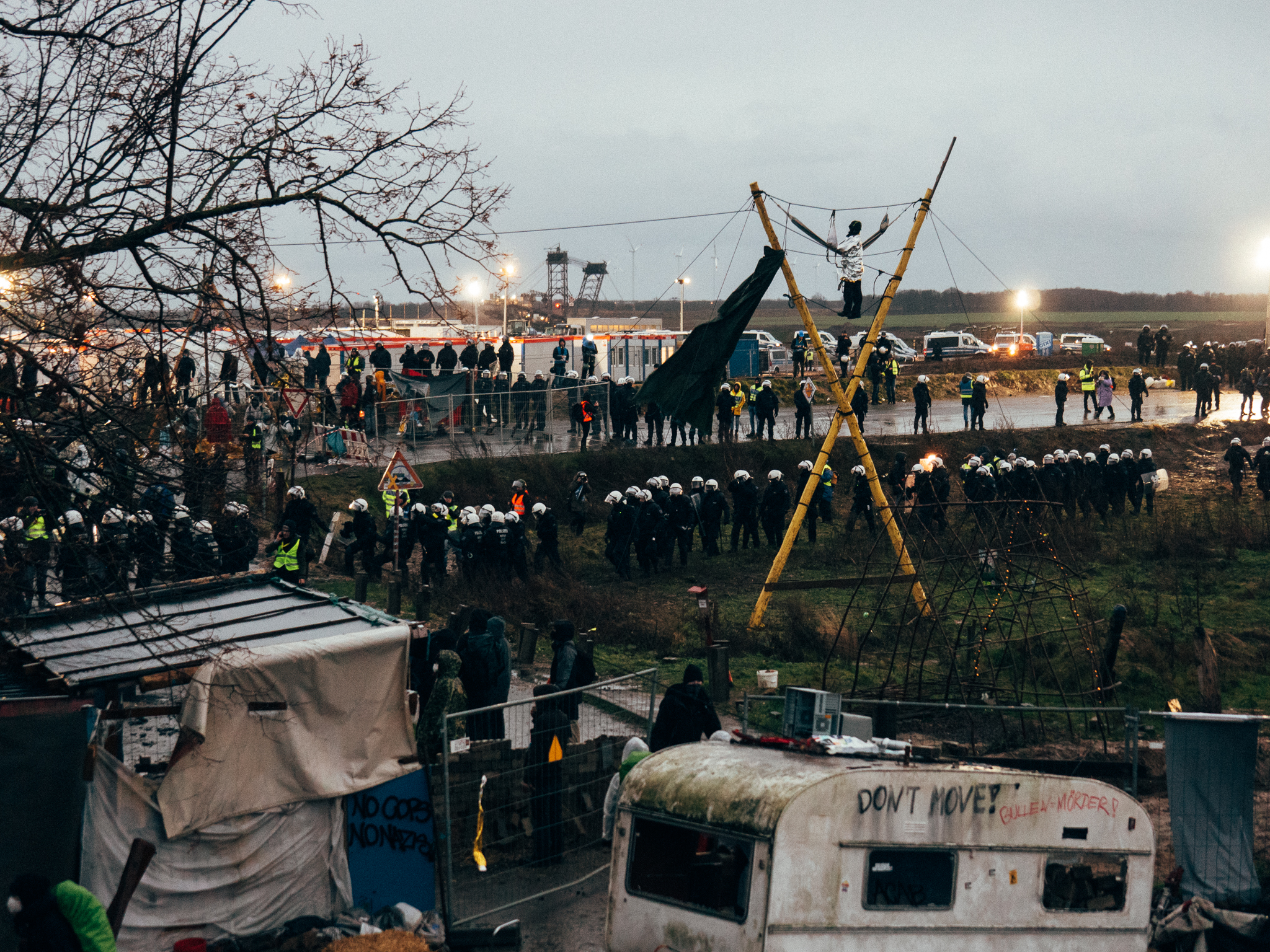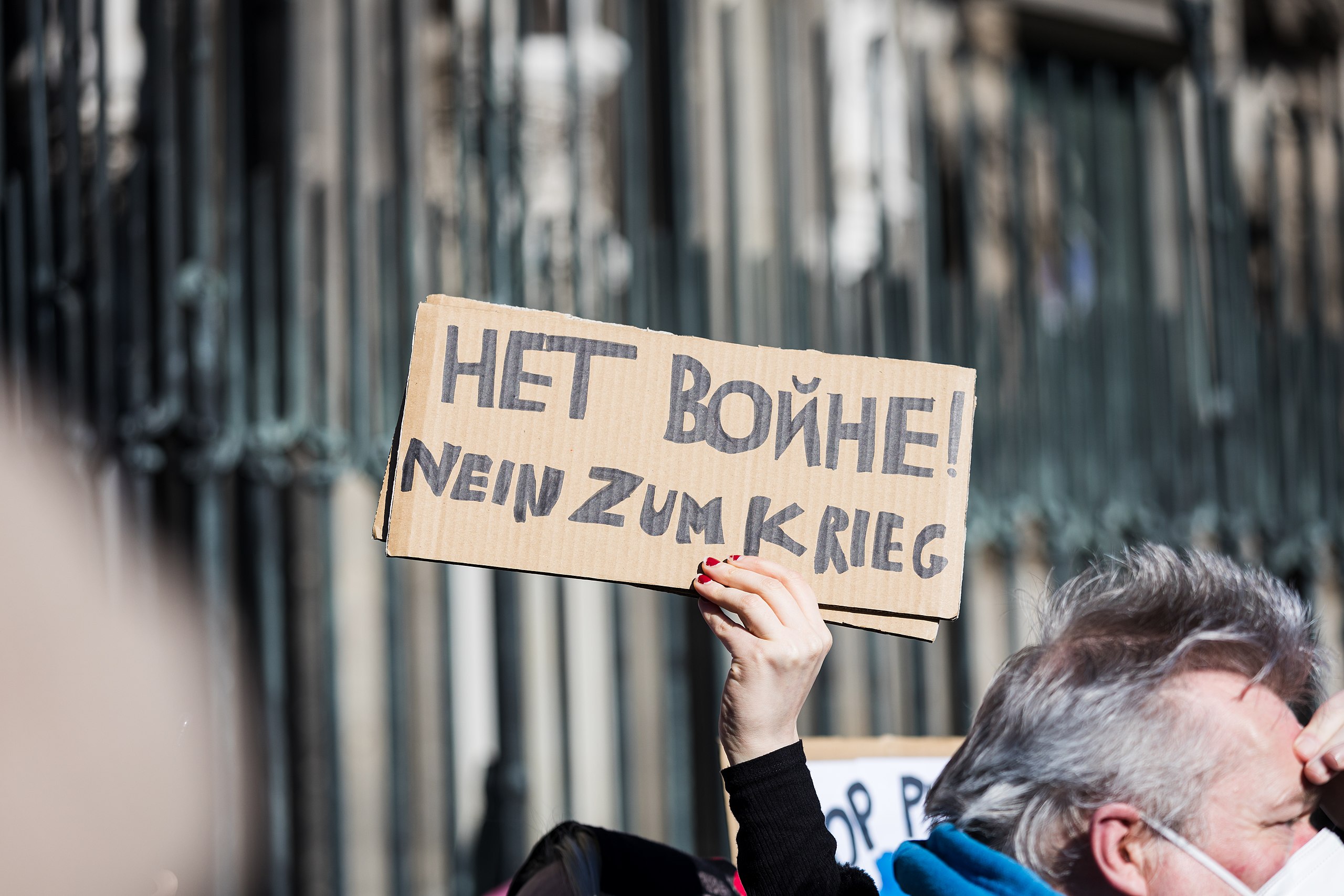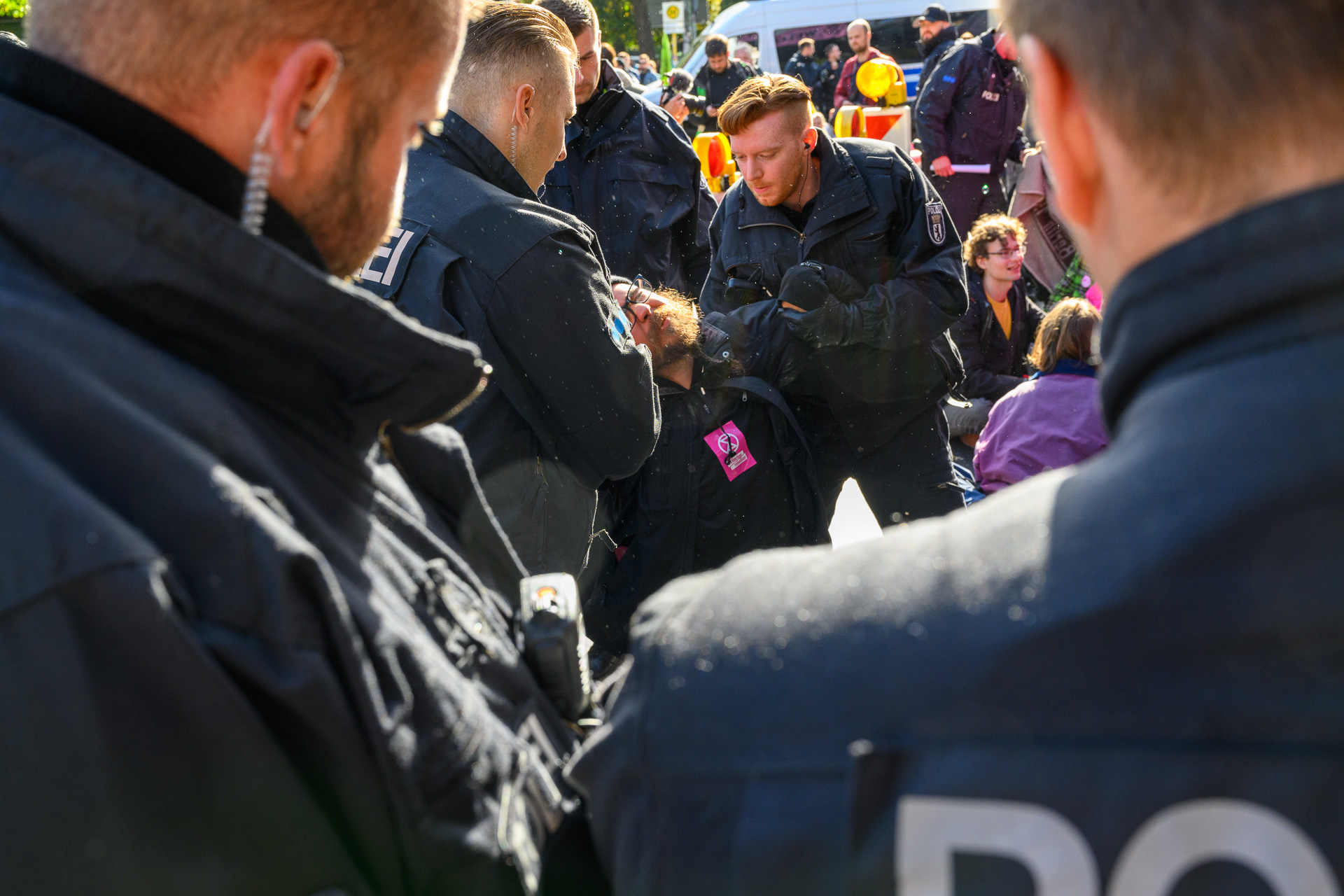Call for Contributions: Workshop “Riot!” Part II, February 28th, 2014, 10am to 6pm, Institut für Protest- und Bewegungsforschung i.G., Berlin
Following up to the fruitful and interdisciplinary discussions At the first „Riot!“ workshop in December 2013, where we discussed a broad range of research projects (MA and PhD theses), engaging with the topic of riots and rioting in different geographical and historical contexts, from squatting movements in Potsdam in the 1980s and 1990s, to urban uprisings in Manchester, Paris and Stockholm, to food riots in Burkina Faso and 18th century slave insurrections in the Caribbean, we are glad to announce that a second workshop will take place in late February.
To keep interesting discussions going in an inclusive way, we would like to direct this call especially to people who did not take part in the first workshop, and to encourage them to participate.
We are planning to divide the second workshop into two parts:
- in the first part you will get the opportunity to present and discuss your own research project / paper / paper draft;
- in the second part we will engage in group discussions about one or several of the following topics:
1. Riot / Revolt vs. ‘Political protest’
‘Articulate messages’ vs. ‘Communication through frustration/violence’ What are the defining criteria for riots / revolts and social movements? In which ways are they similar or different, for instance in regard to their repertoire of action and the ways they articulate themselves? Subjectivities Concerning the actors in riots or social movements – what counts as legitimate political subjectivity? Age/Youth as category of disqualification of rioters (intersecting with gender, ‘race’, class)
2. Aspects of organising and representation
Perception of riots as a preliminary stage of recognition and representation; Reproach of boycotting ‘legitimate’, institutionalised forms of participation; Are riots an expression of the ‘crisis of representation’, or ‘post-politics’? Or are these merely new terms describing old phenomena? In how far are riots an inherent, always reoccurring part within capitalist societies / representative democracies and other state forms? What is (not) new about riots? Can everything that is usually referred to by the term ‘riots’ be
put in one category?
3. Methodological approaches
Analysis of causalities vs. narratives: Which possibilities and traps do these approaches entail, which consequences follow from their application?
4. Who conducts research on what and with which aim?
Discussion about the researcher’s perspective and own involvement (for instance the risk of romanticizing riots and rioters, or reifying categories like ‘marginalisation’), as well as risks of appropriation of knowledge for ends not intended (e.g. by the police and other state organs)
5. Relation between (urban) space and riots
How do rioters make use of space, how do they transform space? Urban space as site for social conflict and social change; Notions of public space and legitimate uses of public space.
If you would like to participate, send us an email before the 30th of January. If you want to present your own work, please indicate the topic so we can include it in our programme. For all presentations, please prepare a handout or a draft paper and send it to us by the 21st of February, so we can circulate it among all participants. Presentations and handouts can be in English or German.
It would be great if you could let us know which of the topics above would interest you most for the group discussion part, so that we can select a few in line with the participants’ interests.
In case you have any questions, please do not hesitate to contact us. We are looking forward to hearing from you!
Philippe Greif (phi.greif(at)googlemail.com) Janna Frenzel (jannafrenzel(at)gmx.de)
CfC as pdf document



